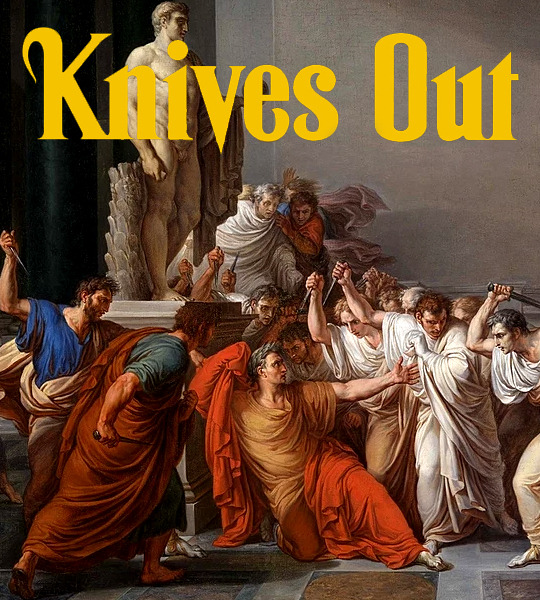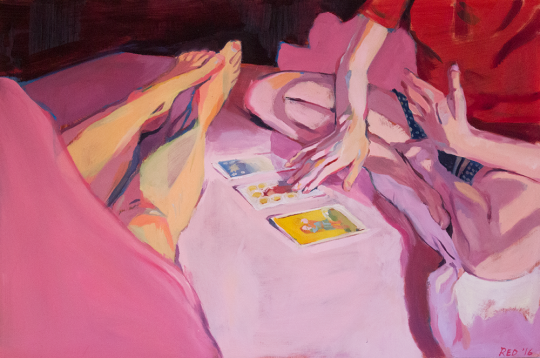Text
One Hundred Ways to Say ‘I Love You’
“Pull over. Let me drive for awhile.”
“It reminded me of you.”
“No, no, it’s my treat.”
“Come here. Let me fix it.”
“I’ll walk you home.”
“Have a good day at work.”
“I dreamt about you last night.”
“Take my seat.”
“I saved a piece for you.”
“I’m sorry for your loss.”
“You can have half.”
“Take my jacket, it’s cold outside.”
“Sorry I’m late.”
“Can I have this dance?”
“I made your favourite.”
“It’s okay. I couldn’t sleep anyway.”
“Watch your step.”
“Here, drink this. You’ll feel better.”
“Can I hold your hand?”
“You can borrow mine.”
“You might like this.”
“It’s not heavy. I’m stronger than I look.”
“I’ll wait.”
“Just because.”
“Look both ways.”
“I’m sorry. I didn’t mean to.”
“Try some.”
“Drive safely.”
“Well, what do you want to do?”
“One more chapter.”
“Don’t worry about me.”
“It looks good on you.”
“Close your eyes and hold out your hands.”
“That’s okay, I bought two.”
“After you.”
“We’ll figure it out.”
“Can I kiss you?”
“I like your laugh.”
“Don’t cry.”
“I made this for you.”
“Go back to sleep.”
“Is this okay?”
“I picked these for you.”
“I’ll drive you to the hospital.”
“What do you want to watch?”
“You can go first.”
“Did you get my letter?”
“I’ll do it for you.”
“Call me when you get home.”
“I think you’re beautiful.”
“Are you sure?”
“Have fun.”
“Sit down, I’ll get it.”
“I made reservations.”
“I don’t mind.”
“It brings out your eyes.”
“There is enough room for both of us.”
“You don’t have to say anything.”
“Wow.”
“Happy birthday.”
“I’ll pick it up after work.”
“It can wait until tomorrow.”
“Cross my heart and hope to die.”
“It’s two sugars, right?”
“I’ll help you study.”
“Stay over.”
“I did the dishes.”
“You didn’t have to ask.”
“I bought you a ticket.”
“You’re warm.”
“No reason.”
“I’ll meet you halfway.”
“Take mine.”
“We can share.”
“I was just thinking about you.”
“I want you to have this.”
“Call me if you need anything.”
“Do you want to come too?”
“I’ll still be here when you’re ready.”
“Is your seatbelt on?”
“Sweet dreams.”
“I was in the neighbourhood.”
“Stay there. I’m coming to get you.”
“The key is under the mat.”
“It doesn’t bother me.”
“You’re important too.”
“I saved you a seat.”
“I’ll see you later.”
“I noticed.”
“You can tell me anything.”
“I hope you like it.”
“I want you to be happy.”
“I believe in you.”
“You can do it.”
“Good luck.”
“I brought you an umbrella.”
“I’ll pick you up at the airport.”
“Take a deep breath.”
“Be careful.”
And…
100. “I love you.”
630K notes
·
View notes
Text

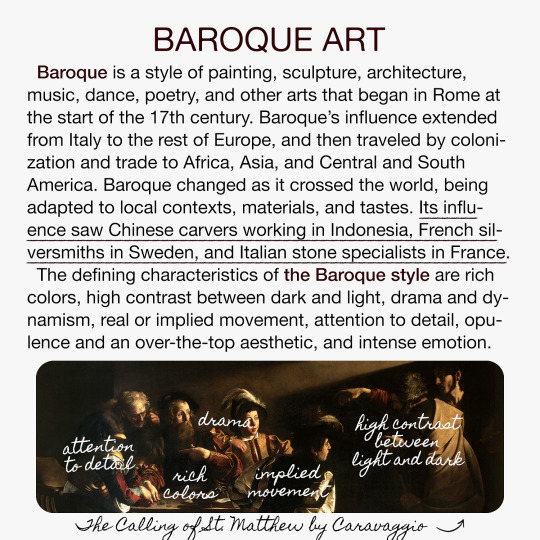

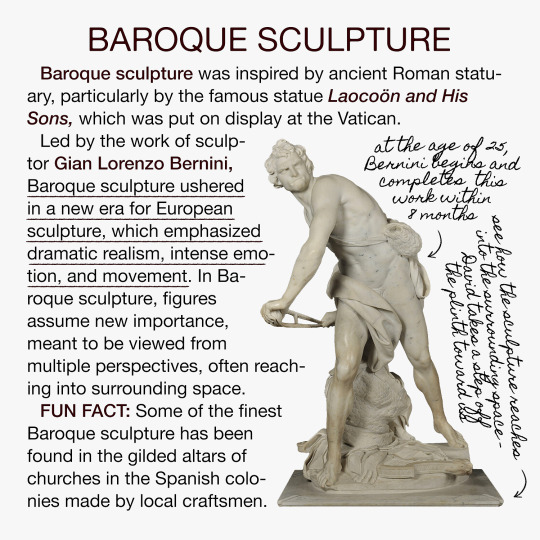
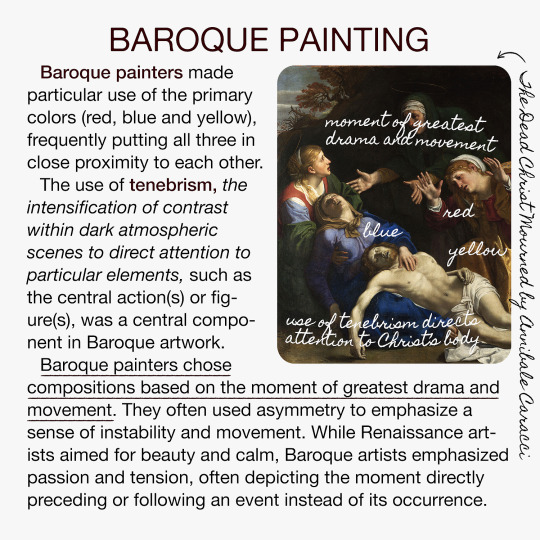
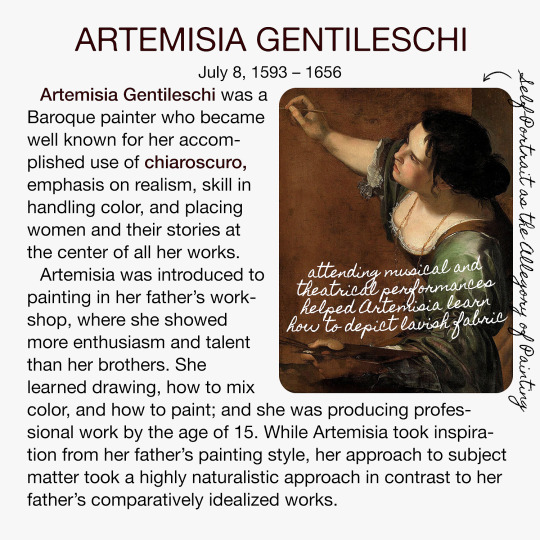
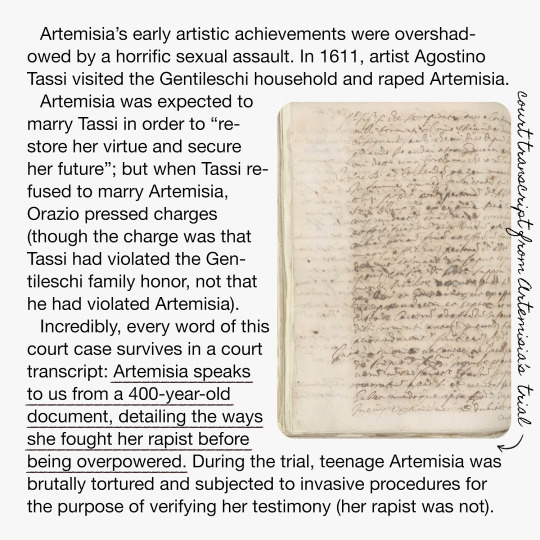
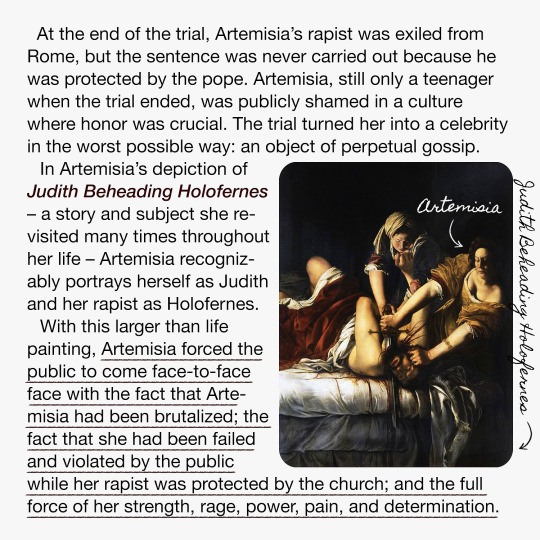
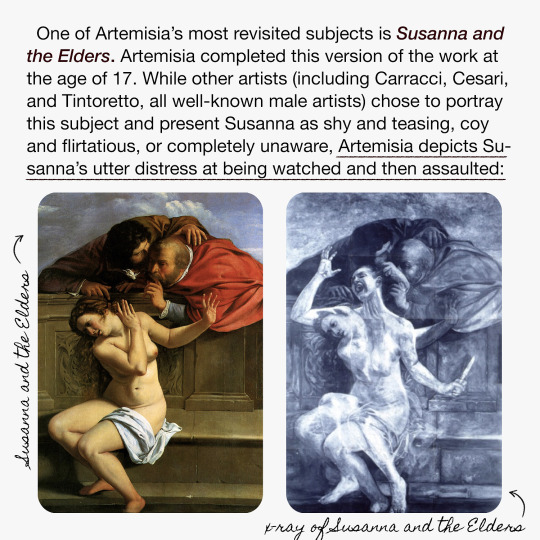
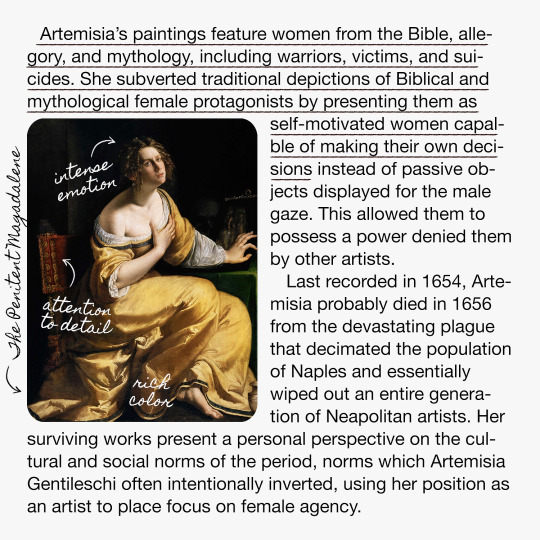
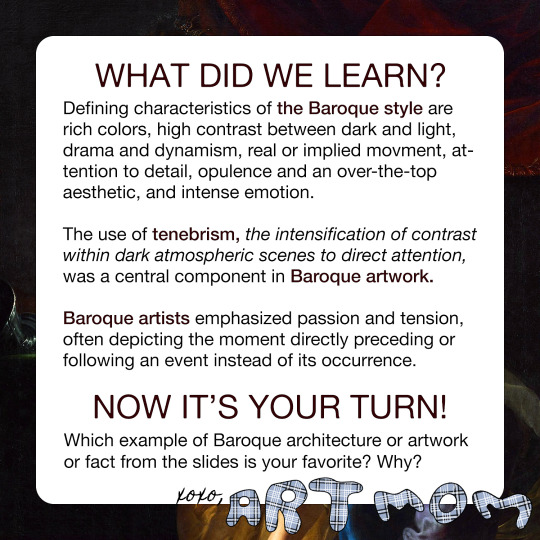
BAROQUE ART 🎭 love, ur local art mom 🩵
disclaimers and more information under the cut ✂️
hi I’m annemarie and I’m an art historian! not adjuncting for the first time in five years was rly hard for me so I threw some slides together so I could still (sort of) teach the same material as my language of art class but a) I threw these slides together for instagram so space was/is limited and b) language of art is a ten week run through art history so I’m presenting only the most accessible information here – there’s so much more to this art period and to this artist! – please don’t expect it to be comprehensive and please do ask if you have any questions!
oh p.s. my first ever class of art history students came up with the name ‘art mom’ for me at the end of the quarter and yes it does make me cry if I think about it too long thanks so much for asking
3K notes
·
View notes
Text
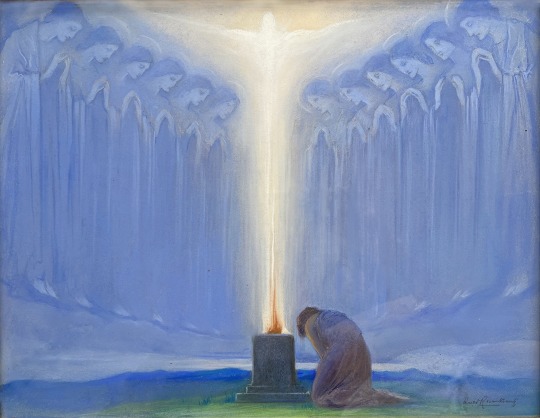
The Alter of the Soul (Arild Rosenkrantz, 1870 - 1964)
1K notes
·
View notes
Text
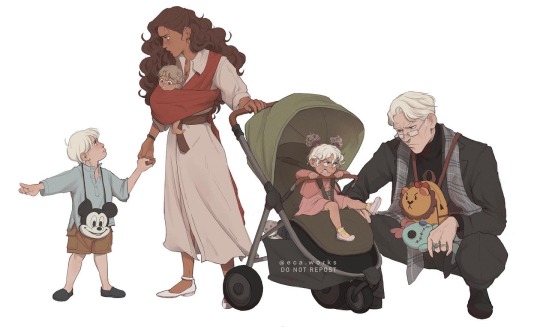
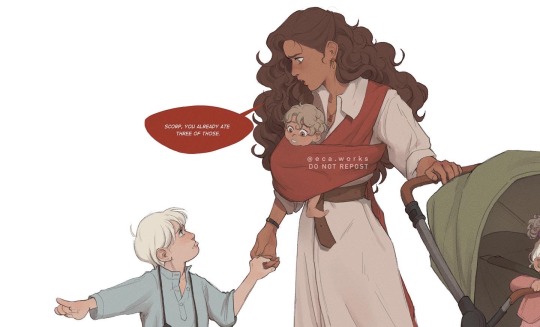
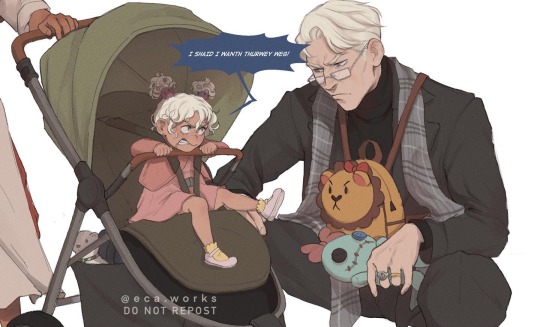
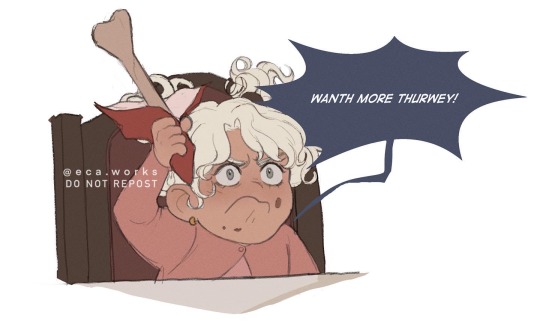
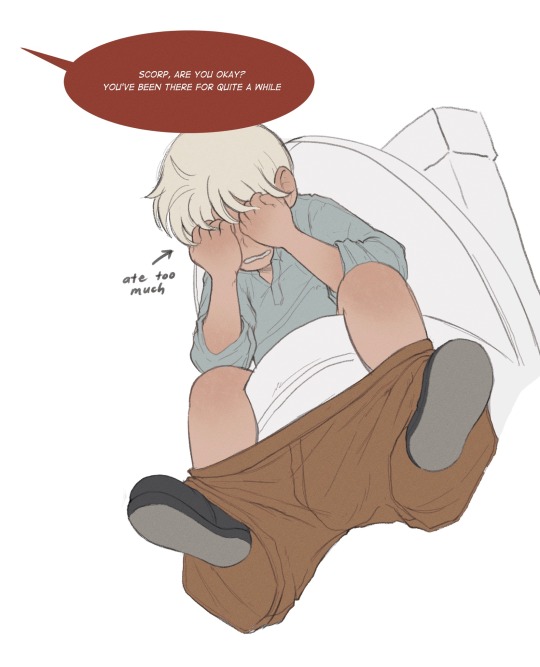
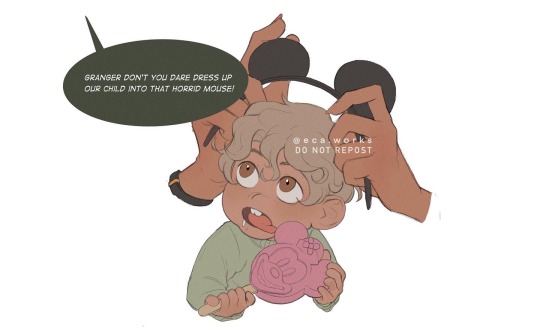
forgot to post this fanart for @raven-m-3 & @kumatan0720 ‘s Meet The Malfoys where they go to Disneyland 💜
874 notes
·
View notes
Text
How to Write OCs With Trauma
Just as I had shown with the 3 love posts for this series, there are a ton of ways that trauma can be shown through character behaviors or even speech patterns. Different people react differently when it comes to trauma, and you should also keep in mind what kind of trauma the character had gone through and what they were like before it occurred before deciding how they would be like now.
In the following post, I will be giving some different responses to trauma that your characters could display.
I. The “IDGAF Anymore” Trauma Response
Perhaps one of the most used responses to trauma that you see in characters in media is the character that blocks off their emotional responses to anything thereafter. They may fall in love with someone but they’ll never admit it because they don’t wish to be hurt. They may find a new family to love them but they shut themselves off from expressing said love because they are afraid of being hurt again.
Essentially what this response boils down to is a fear of being hurt again. Most people that shut down emotionally have been abandoned or abused or betrayed by someone they once trusted in some way; sometimes the thing that makes them feel betrayed isn’t even the other person’s fault such as an older sibling moving out of the house and away from their family once they get older or the death of a loved one.
II. The “Anger Issues” Response
I have known 2 people personally really well that have had this response to trauma. This response is where a person is so emotionally shut down (much like the last response spoken about) that they won’t allow themselves to show any emotion other than anger.
I once had a therapist tell me “usually when a person is angry, there is another emotion behind the anger, whether it is fear or depression or otherwise.” So the first question you should ask yourself when making a character with the rage response is… why are they angry? What emotion is being masked by the explosion of their anger? What are they trying to hide from? What traumatic experience is making them feel this way and how do they really feel about said experience? Depending on your answers and the kind of character you’re writing about, the angry outbursts can be different.
Some people will yell, some will get violent, some will punch holes in walls and doors and furniture… some will scream into a pillow… some will storm away in the middle of a conversation or hang up the phone if someone says just the wrong thing. Really think about what your character is like, how they respond to tense situations, before you lean into their anger response because some anger responses do not fit certain personality types.
III. The “Sensitive One” Response
Some people, when dealing with tense situations, become intensely emotional. They may cry easily when someone just looks at them cross-eyed. They might go quiet when they’re anxious. They might get really defensive at the smallest things. The Sensitive One can be shown in many, many ways, as there are lots of different types of sensitivity, so really consider your character and what they’ve been through before you decide which type of sensitive person they are.
IV. The “Unmasked Hero” Response
Not all heroes wear capes… that’s the saying, right? These people are the activists. These are the people that will talk to anyone for hours and hours just to talk them down. These are the people you always hear saying “I never want people to feel the way I felt when I went through this.” These are the people that become therapists to help others going through their issues. The Unmasked Heroes live their lives to make it so that no one has to experience the pain that they felt, if they can help it.
V. The “Rebel” Response
I do what I want. That’s the theme song of the Rebel. They lash out, usually acting like the victim no matter what happens (sometimes they really are, but sometimes they aren’t). Trauma can completely rewire a person’s brain, but with the Rebel, they often felt repressed before or like they were unable to fully be themselves and when something traumatic happens, something snaps in them to trigger that “I don’t give a flying fuck” response in their brain and suddenly they’re doing anything and everything they ever wanted to do (and sometimes even didn’t want to do) just to spite the rest of the world and if you don’t like it, you can kiss their ass. This can also be shown through a runaway after something traumatic happens.
This is another very common, often used trauma response.
VI. The “Mental Breakdown” Response
As a mentally ill woman myself, I want to emphasize: not all who go through trauma get mental illnesses and not all with mental illness went through a mental break. That being said, it is very common for an extremely traumatic experience (or life, in some cases) to give someone a mental illness. Or rather, to bring it out of them. There are illnesses like Bipolar, PTSD and more that come to the surface after an extreme mental break, PTSD being the more famous for this very situation.
What is important here is that there is no one situation that will cause a mental break. Depending on the person, it can be something that would be nothing to one person but would completely break another down while a third person might be going through 5 things all at once and seem to be handling it well. There are so many different illnesses out there, and a lot of them are very similar, so what I think is most important is that you do your research before you write an illness you have not personally seen or experienced. If you know someone with an illness you want to write about, ask them if you can run some idea by them and make sure it isn’t stigmatizing the illness, as mental illness gets stigmatized left and right in media.
VII. The “Class Clown” Response
Another common thing that is shown in media - and I’ve noticed is very common in real life - is the depressed clown. There are so many people that listen to society telling them it isn’t okay to not be okay, so they laugh and clown around to make others laugh and just like a lot of people need others’ compliments to feel validated, these people often need laughter to feel validated.
Some people that become the Clown type will deflect their sadness by making dumb jokes. Maybe, if you write about your character texting or on social media, you can show them in a downward spiral and just get on their social media page to post a dumb pun to negate the negativity. Or make a joke at their own expense, which is also common. A lot of people will make others feel bad for not being able to laugh at themselves, and these people are [often] great at doing exactly that, even if they end up in tears later on when they’re by themselves.
VIII. The “Angsty Artist” Response
As I’m sure a lot of you are aware, a lot of artists have a lot of emotions they are processing and a lot of them will use their art (whether it be visual or writing or otherwise) in order to process it.
You may have a teenager writing angsty fanfiction or poetry. You may have a young adult opening their first blog where they write about their life beginning adulthood. You may have a person that is drawing dark, gory artwork. Whatever it may be, the art can either directly reflect the way they feel, such as the dark artwork, or they may do the opposite and write about their personal idea of a utopia and use art to escape. Either way, the art is a means to process and understand themselves better and/or escape from reality for however long they do it.
The only good and bad thing about using this response is that a lot of people that use art end up getting lost in it. They end up becoming obsessed and never cease to work on the art or think about the art and may become consumed by their own processing creativity.
IX. The “Addiction” Response
Addiction can come in so many forms. It can be the typical drugs, cigarettes, alcohol… or it can be addiction to getting lost in a hobby (see #8: The “Angsty Artist”)… or it can be becoming a workaholic. Honestly, anything can become an addiction if you let it consume you, so keep that in mind. It could even be something such as them becoming a hoarder because they are afraid to let their past go, so they won’t let anything go.
There are so many other responses to trauma. There are billions of people in the world, and tons of them have trauma in their lives. To say that it all boils down to these responses would be silly, but these are some common responses to trauma that would be a great starting point if you’re trying to figure out how to have a character of yours going through trauma.
5K notes
·
View notes
Photo
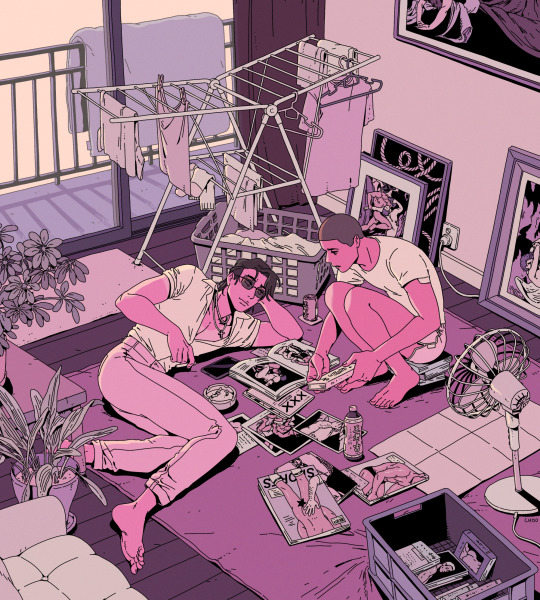
essential reading
twitter | ig | inprnt | patreon | store
8K notes
·
View notes
Text
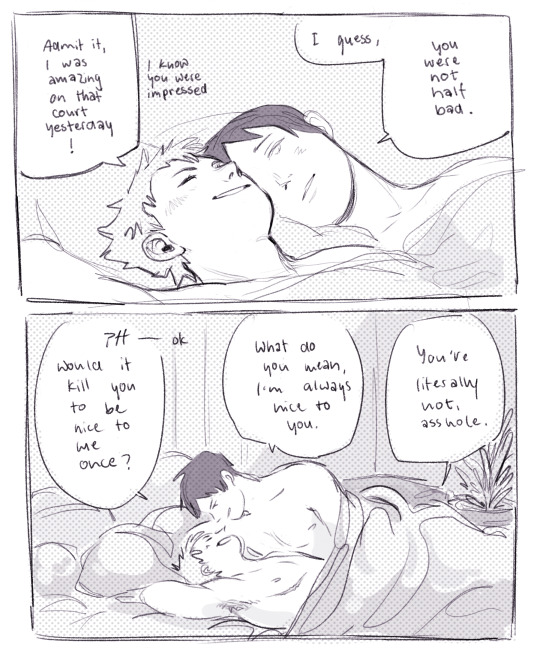
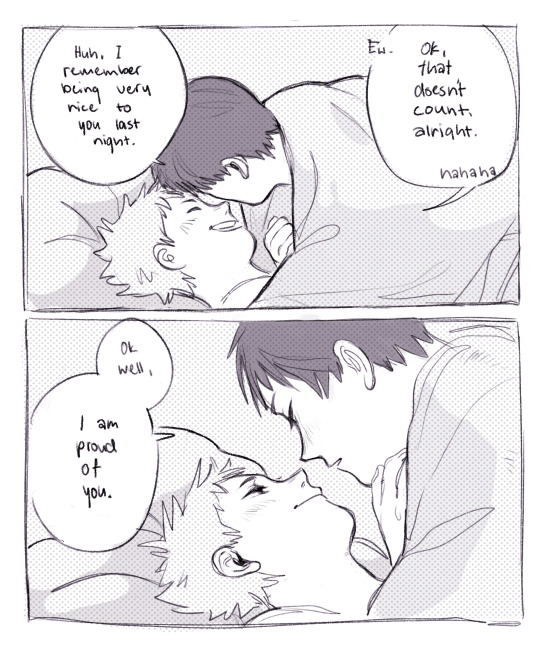
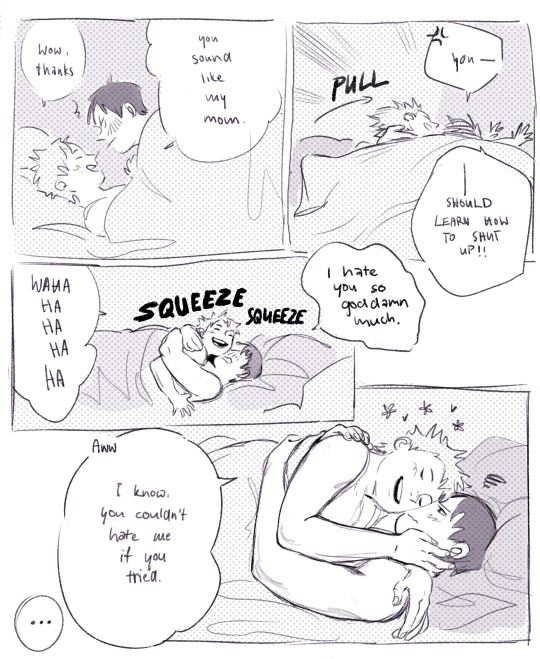
(Read left to right) Some silly little comic love is real guy's
Bonus nonsense:
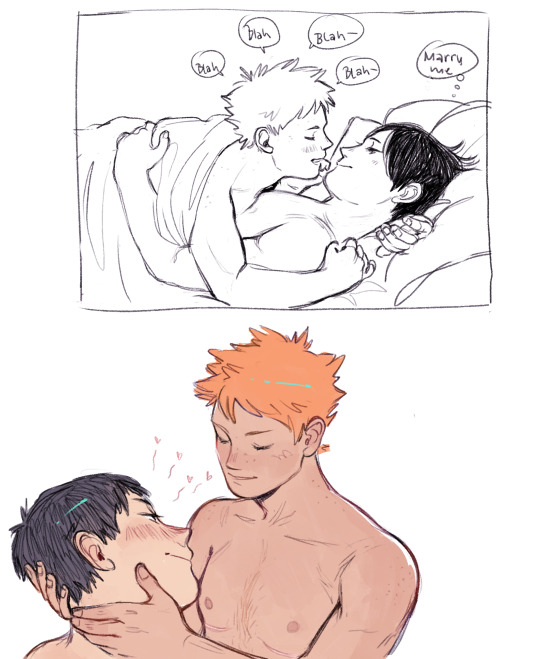
9K notes
·
View notes
Text
spooky season’s finally here so i made a quiz to celebrate: which female horror archetype are you?
please tag your results, i need to know which of you fellow freaks i’m compatible with.
42K notes
·
View notes
Text
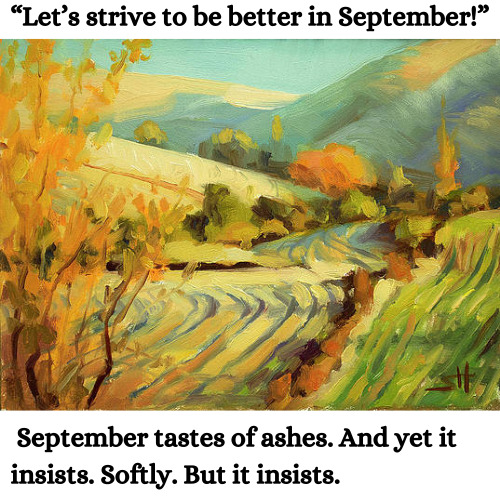
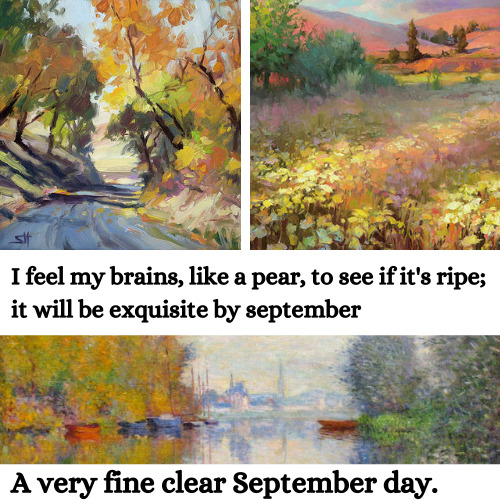
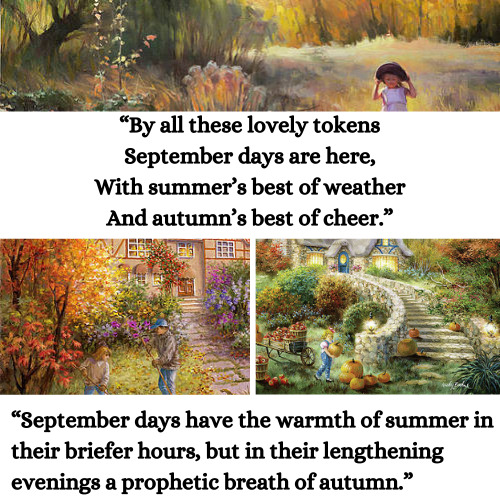
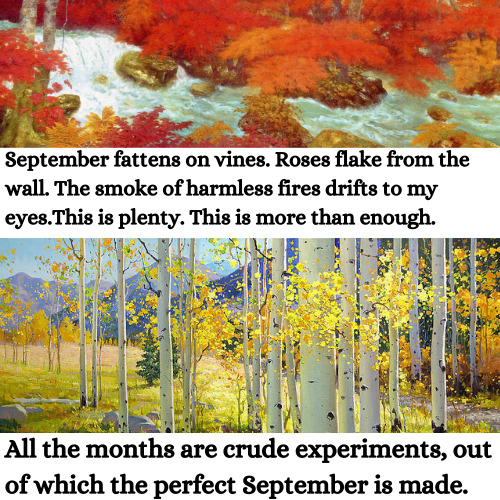
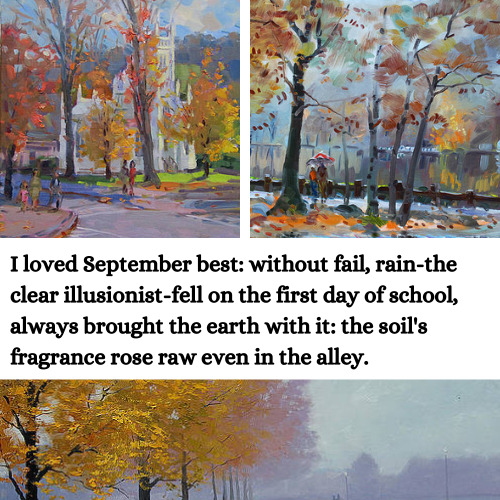
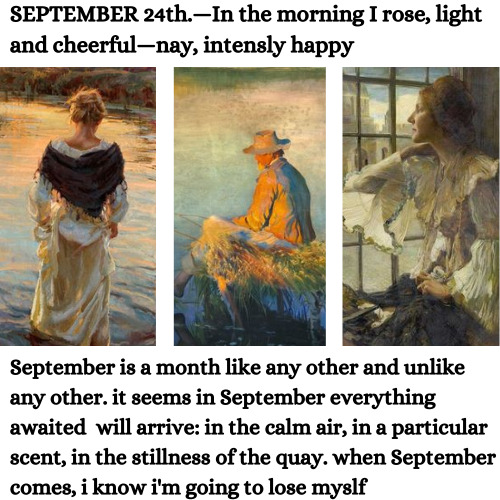
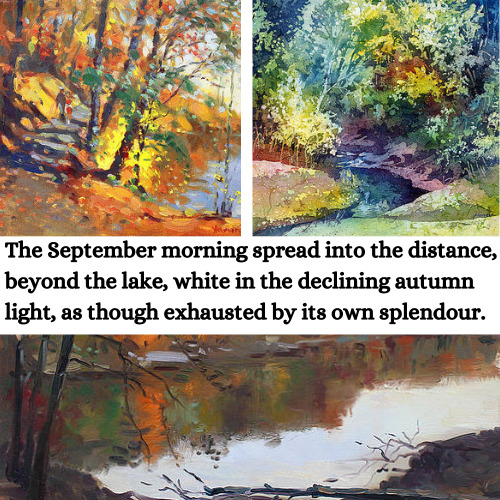
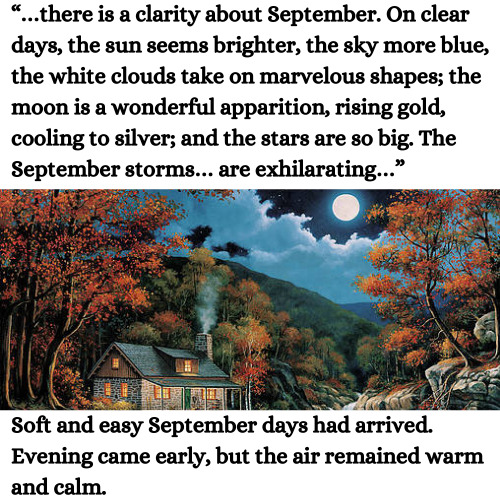
Charmaine J. Forde // Song of the Simple Truth: The Complete Poems of Julia de Burgos // Virginia Woolf // Virginia Woolf, from a diary entry, September 1st 1938 // Virginia Woolf // September, Helen Hunt Jackson // Vermont, Rowland E. Robinson // September Song” by Geoffrey Hill, New and Collected Poems, 1952-1992 // Virginia Woolf // beginning and ending with my death by zeina hashem beck // Anne Brontë ― The Tenant of Wildfell Hall // memory of water by reina maría rodríguez // Mihail Sebastian, For Two Thousand Years (trans. Philip Ó Ceallaigh)// evening star, faith baldwin //Arthur Schnitzler
1, 2, 3, 4, 5, 6, 7, 8, 9, 10, 11, 12, 13, 14, 15,16, 17, 18, 19
963 notes
·
View notes
Text

This Is How You Lose The Time War by Amal El-Mohtar and Max Gladstone
8K notes
·
View notes
Text
Being a fan of the one character nobody gives a shit about specifically because the fact that nobody finds them relatable is relatable.
2K notes
·
View notes
Text
dramione as incorrect quotes p. 2
Manacled Draco

Adrien and Neville in DLB
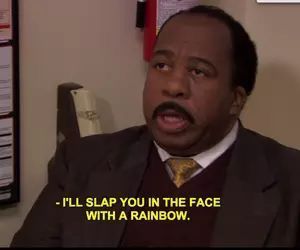
Draco (sometimes yk)
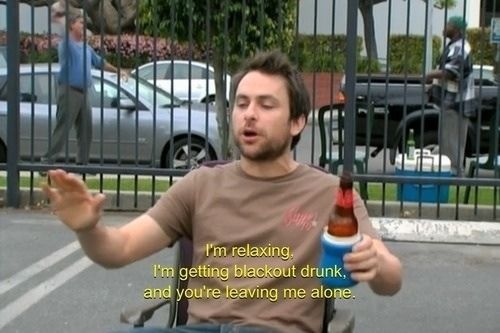
Isolation Theo

me when Theodore Nott appears in fic
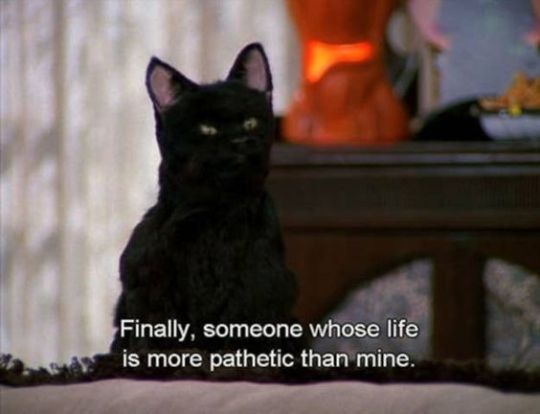
dramione writers
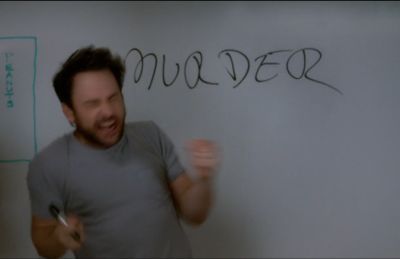
dark!Hermione
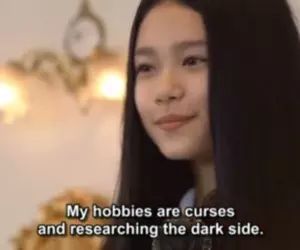
boys when Hermione breaks the rules
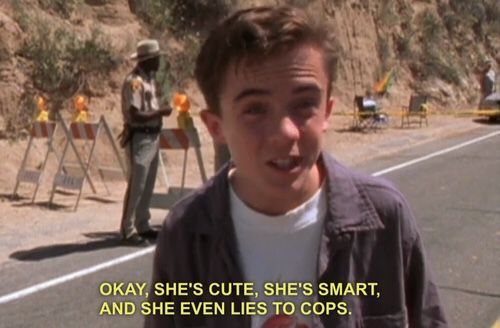
Isolation Theo
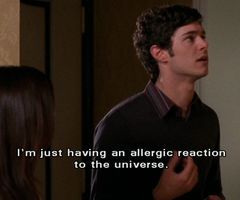
Dramione shippers
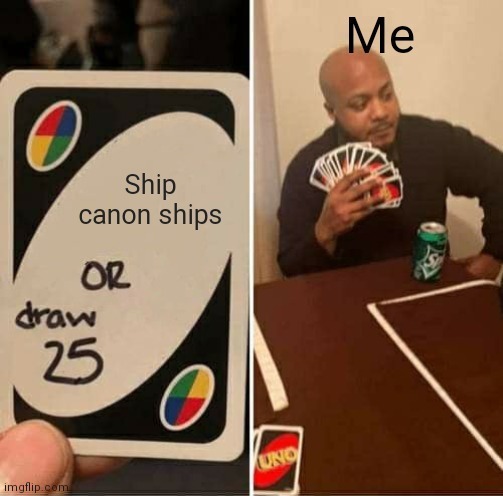
#dramione#incorrect quotes#draco x hermione#draco malfoy#hermione granger#hermione malfoy#fanfic#manacled#high reeve draco#isolation#Theo nott#Theodore Nott#dlb#don't look back#onyx and elm#senlinyu
586 notes
·
View notes
Text
dramione as incorrect quotes
6th year Draco
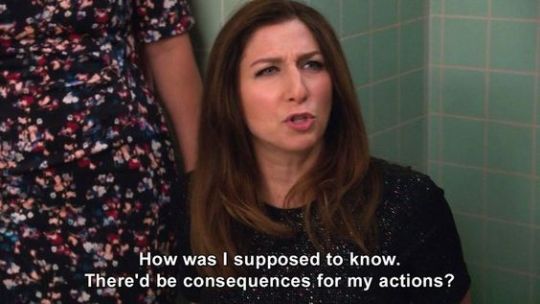
Hermione

Ron to Draco when he starts dating Hermione
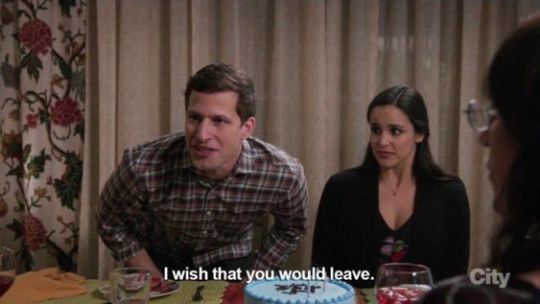
Gryffindors and Slytherins about Hufflepuff
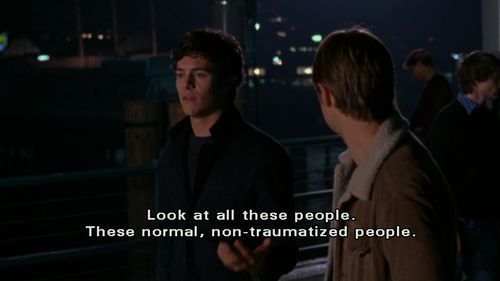
Dramione writers

Draco

also Draco

Theo and Blaise
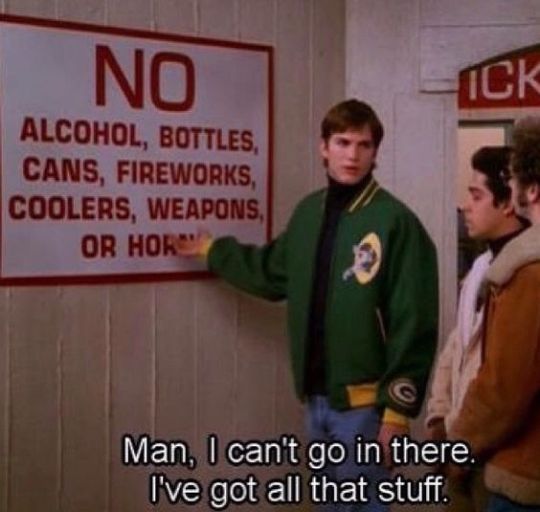
readers
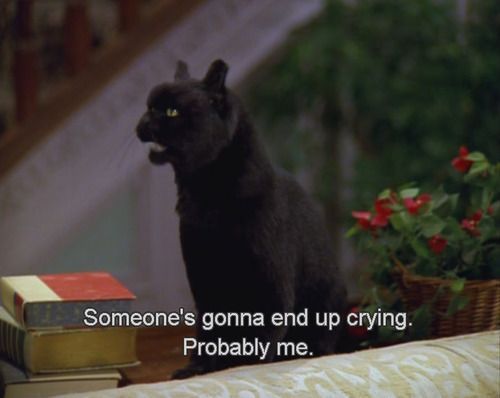
Dramione first 15 chapters
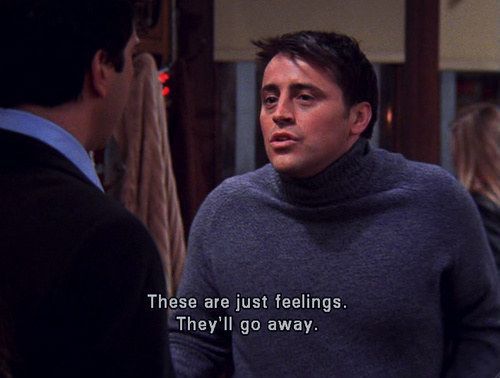
#dramione#draco malfoy#draco x hermione#hermione granger#hermione malfoy#fiction#fanfiction#fic writing#fics#hp#harry potter#manacled#the fallout#isolation#Theo nott#Theodore nott#incorrect criminal minds#auction
3K notes
·
View notes




